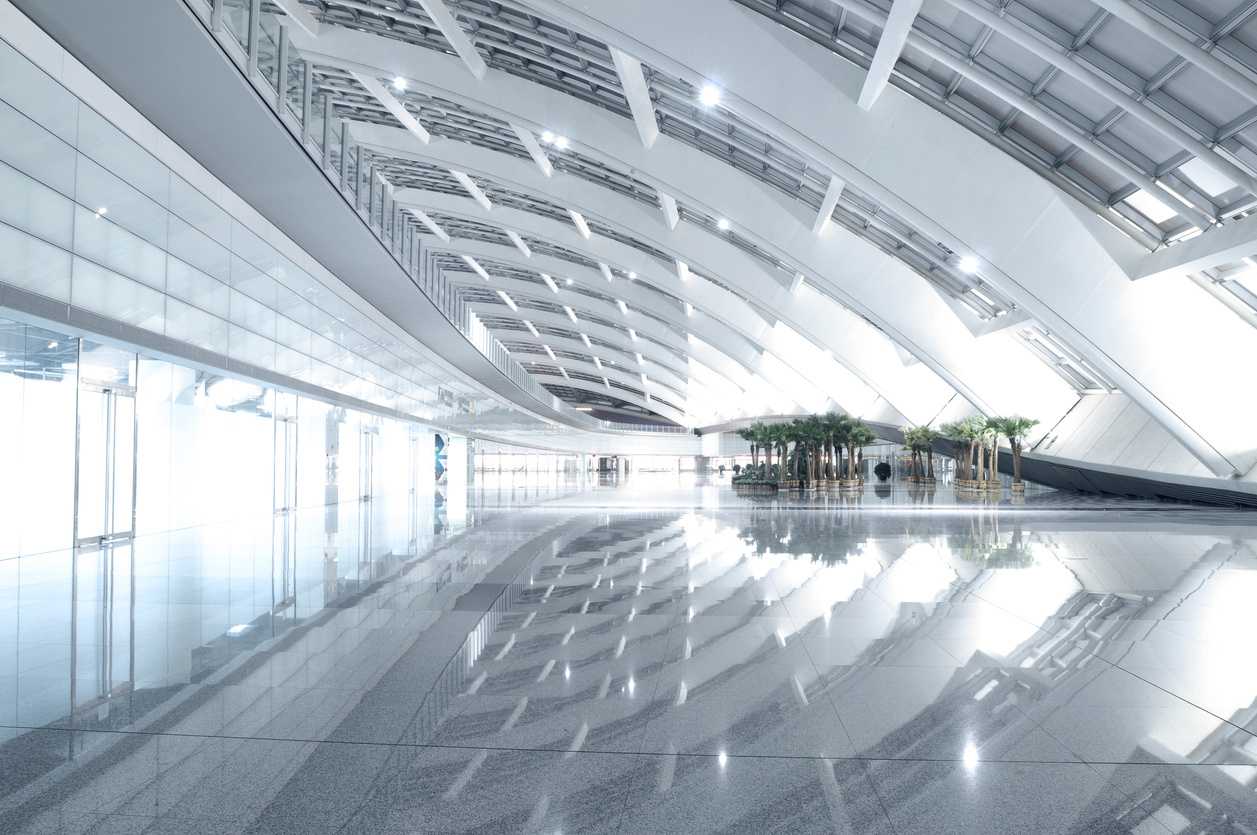Commercial HVAC systems are configured in various ways for cost benefits, efficiency, and the occupant’s indoor comfort.
One of the best HVAC solutions for commercial buildings is the ductless HVAC system, also referred to as the mini-split HVAC system. A ductless HVAC system is a heating, ventilation, and cooling system that functions without ductwork. Rather than a large compressor and ductwork to serve your entire commercial building, ductless HVAC incorporates mini-split systems that are designed to serve single spaces or zones of rooms in your commercial building. Ductless HVAC systems use vapor compression to capture heat from outside your commercial building and deliver it indoors when heating, rejecting indoor heat and returning cool air on the cooling cycle. As flexible, efficient, and cost-effective as they are, ductless systems do not come short of challenges. First, unlike ducted systems, ductless systems can not integrate the outside air or ventilation air into your ductless system. Outside air can be pulled into a central location in a ducted HVAC system and delivered throughout your commercial building. Ductless systems cannot use add-ons such as dehumidifiers, whole-house humidifiers, air cleaning, and air purifying systems, as they have no ductwork to deliver the airflow throughout your home. Ductless systems for commercial buildings have high upfront costs as you will need an indoor terminal unit in each room of your commercial building. You will also have to clean or replace the filters for your ductless HVAC on a strict schedule, as clogging, which happens frequently, reduces your unit’s effectiveness and can cause mechanical failure.
